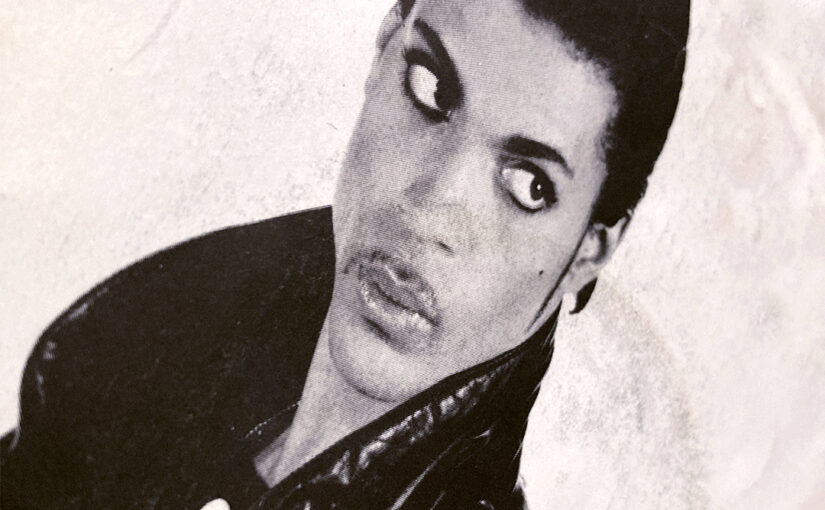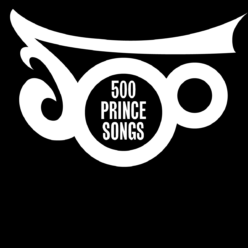Parade (1986)
How do you write about Kiss? Kiss is Kiss. It eludes deconstruction. It evades pinning down. Instead you usually hear of the track’s gestation – the oft-told journey to Mazerati and back. An interesting back story but one that fails to capture the song’s sparse oddness. The Hits liner notes attest to its out-of-placeness, describing the track as both weird and strange, and how Prince thought it never quite worked on the Parade album. It was a late addition to the tracklist and the only one he chose not to send to Clare Fischer for orchestration. He wasn’t happy with how it sounded live either, constantly switching up the arrangement but never able to satisfyingly replace or recreate the gated acoustic guitar (the one from his original demo) that makes up the bulk of the track. Yet, like the sculptors Rodin and Brancusi before him, Prince’s totem to the humble kiss is considered some of his best-known and well-loved work. Its ubiquity, as I wrote about Alphabet St, prevents you from noticing its kook anymore. You no longer hear its disparate elements: the three-chord blues; the minimal dead beat; the James Brown turnarounds plucked straight out of papa’s new bag. It all fits together as a glorious whole and can’t be altered without the magic falling apart. If you want to hear how it could have sounded, head to the extended mix where the second half is a far cry from the usual Marie Kondo approach. Bass, synths, tomtoms and horns all get thrown in – discarded experiments that have been tucked away in the 12″ like the tangle of electrical cables and sticky tape stashed in your dad’s odds-and-ends drawer. If this is how he puts to use your extra time then I’d request it back. It ends in discord as Jill and Prince roleplay a couple arguing over the tv channel. A distraction to make you forget the vandalised rainbow you just experienced. There’s a reason why KISS is a common acronym to keep it simple, stupid. At the other end of the scale lies the acoustic demo, a minute-long cloud of an idea. Divine breath lacking the mortal clay that Mazarati’s producer David Z would provide. In between these poles, stands the Kiss that became a leitmotif, appearing on almost every Prince tour since its arrival and repeatedly referenced up until the sample kissing us farewell on his final album’s Stare. Now Kiss’s role is to echo down the ages, greeting and beckoning in newcomers at the gates of Prince’s vast domain.


#49 is a great choice. Awesome song – Time/Way Back Home are the best songs he had written in last 10 years.
While I definitely agree that this song helps bring in new masses (and IMO that’s never a bad thing), I have never been a believer in this track. I know, I know, a very unpopular opinion. But for some reason it just never resonated with me…so I don’t mind its low placement at all.